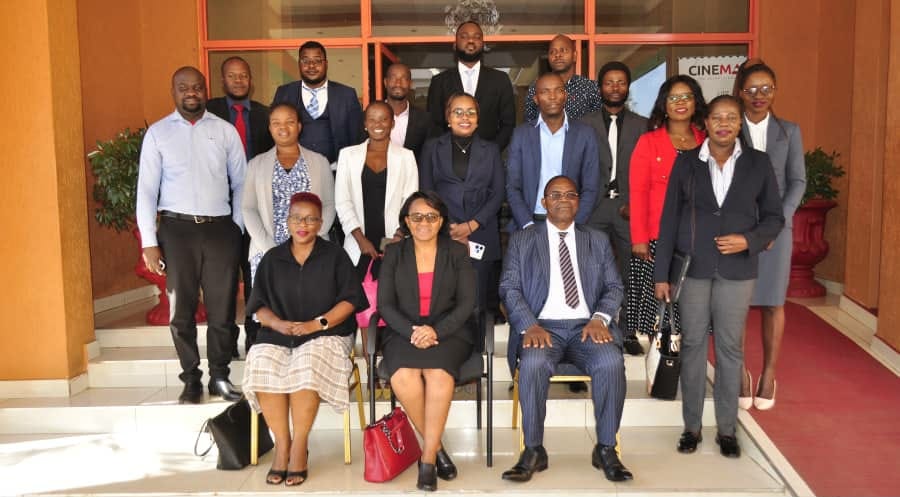In accordance with its mandate under Section 4 (d) and (h) of the Financial Crimes Act (FCA), the Financial Intelligence Authority (FIA) would like to bring to the attention of the general public and reporting entities recognized in the FCA, its findings on money laundering typologies related to externalization of foreign currency.
In the recent past, the FIA and the Reserve Bank of Malawi conducted transaction analysis on the business accounts maintained by some non-Malawian nationals and this has revealed a syndicate in which huge sums of illicit funds are possibly being laundered using the Malawian banking system under the disguise of import payments being made by what appears to be legitimate businesses. These businesses make huge cash deposits followed by immediate requests for funds transfer to firms in various jurisdictions including China, Dubai, India and Hong Kong. The requests for funds transfers are mostly supported by forged or fake Customs importation documents with the aim of getting around with Exchange Control Regulations. It has, however, also been noted that some are conniving with some officers of financial institutions to remit the funds without any supporting documents which is against Exchange Control Regulations. The perpetrators abandon their accounts with one bank after making several of such transactions and open accounts at other banks using a different business name. The suspects have been moving from one bank to another to find opportunity to remit funds.
Between January and November 2017, the FIA uncovered 63 unsupported forex transactions worth US$7.4 million (approximately K5.4 billion), remitted without imports being returned into Malawi.
In view of the above, the FIA would like to advise as follows:
1. Banks and other deposit-taking institutions should take note of this syndicate and should categorize such customers as high risk and consider terminating such relationship to avoid being used as conduits for money laundering.
2. Banks and other deposit-taking institutions are obligated to report as suspicious such transaction in line with Section 23 of the FCA and should take note of the penalties applicable for failure to report.
3. Employees working in financial institutions are warned that those that aid a customer in such illegal transactions could lead to their being prosecuted for money laundering which carries a maximum prison term of life imprisonment as per Section 42 of the FCA.
4. Reporting institutions should be vigilant regarding funds transfer to jurisdictions with low AML/CFT cooperation.
5. Members of the general public are being warned that being used by unscrupulous businesses to facilitate money laundering will lead them to facing charges under the FCA and other applicable laws. Over and above that, such individuals and businesses risk having their assets seized by law enforcement agencies.
Atuweni Juwayeyi-Agbermodji (Mrs.)
DIRECTOR GENERAL



